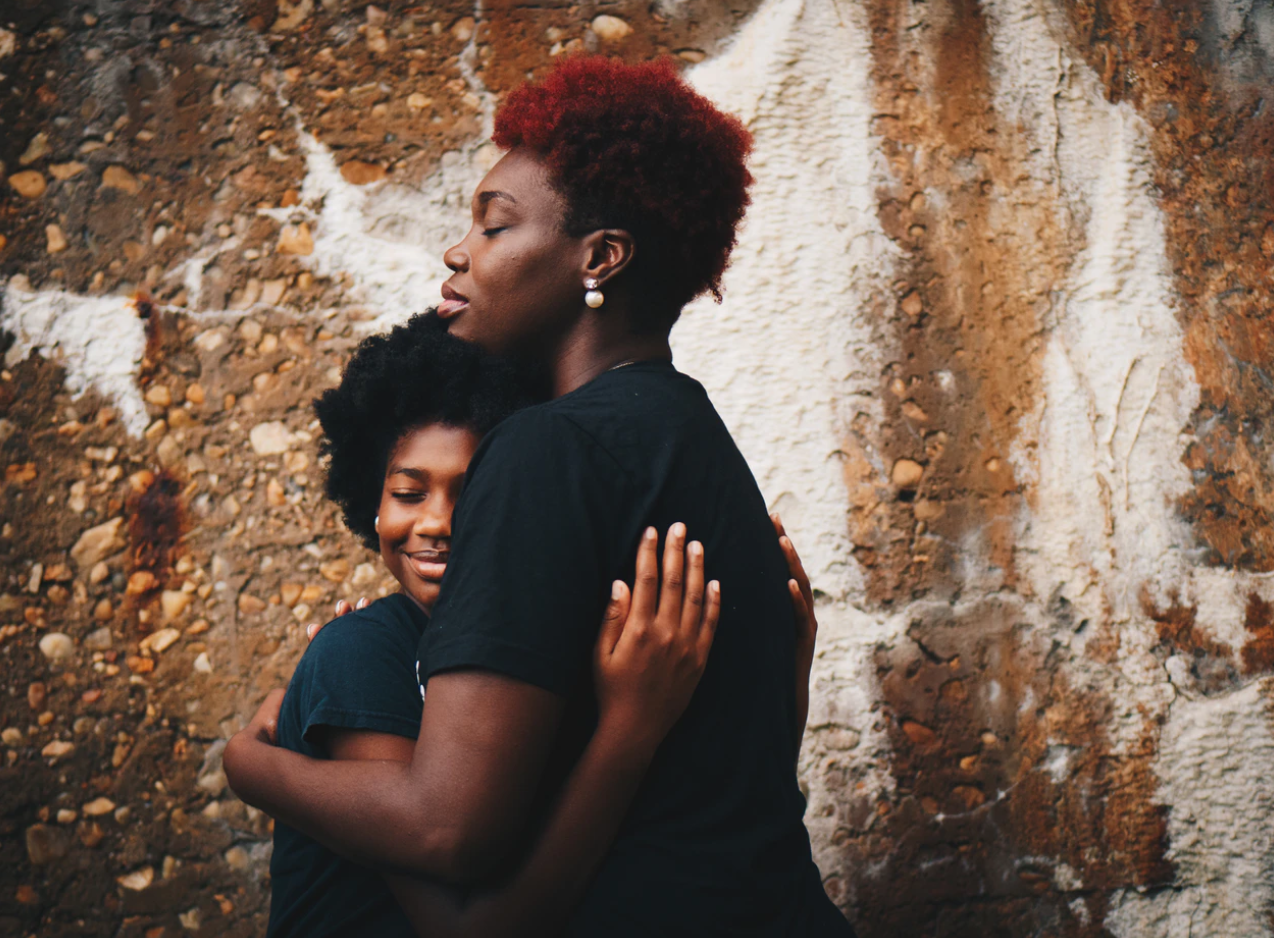
The Powerful Impact of Positive Thinking
Teen girls, at the crossroads between childhood and adulthood, are in a place of rapid development and change, and even in the best of situations it is a tumultuous period of life. That’s why recovery from abuse and behavioral issues can be especially harrowing for them.
Add trauma and behavioral issues to the mix and the peril and stakes rise exponentially — the emotional storm can be overwhelming. Negative self-image, self-loathing, pessimism and risky behavior go from being mere characteristics of this passage of life to dominant traits. And not only for the teen girl, either. Everyone involved in her life can be susceptible to the direness of the situation. It’s easy to let fear take over.
Yet understandable as it is, negativity in this circumstance is exactly the wrong tack to take. The teenager in recovery can thrive only with a strong support system where everyone is bringing positive, constructive thinking to the table. And positive thinking is a not just a decision, but a skill that has to be developed by everyone involved.
Positive Thinking and the Teen Girl
She is the one who has to do the real battling. And she’s battling from a place of true vulnerability, not only from the trauma she’s experienced or enduring but also the place in life where she finds herself, a spot already laden with doubts and uncertainty. Positive thinking will help pull the troubled teen girl through this fraught period and save her from the negative spiral upon which she’s teetering.
Easier said than done. Again, positive thinking is a skill, and a hallmark of many troubled teens is they have had too few opportunities to develop any life skills at this point. So how does she build a framework for success?
It’s vital to build a positive feedback loop: exploring (from trips to the library to a craft store), trying new things, making journeys of self-discovery, all the while doing so in an attempt to uncover new, revitalizing emotions. And these new and vitalizing emotions in turn lead to more exploration, trying new things, more journeys of self-discovery.
Whether in a group or individual setting, the teen girl needs opportunities to see that there is more in her life than just her trauma, the abuse she’s suffered or the emotional and behavioral issues she’s undergoing. There are such things as positive friendships and fun activities. Find safety in nature, hiking, hangout time, journaling, meditation, quality alone time (that is much different than isolating).
Positive thinking and the resulting action is a daily practice and it isn’t going to always be easy, but with support and guidance the teen girl can blossom quickly!
Positive Thinking and the Parent
Needless to say, all of the above applies to the supportive, willing parent, but even for the parent who wants to be there for the troubled teen, positive thinking is not a given. A parent’s anxiety for her/his child can be overwhelming, and this can lead to all kinds of counterproductive behavior: erraticism, fits of anger, the ignoring of proper parent/child dynamics.
The parent will need to embrace positive thinking as well — and practice it. Even in splintered teen/parent relationships, there is still modeling that occurs. Here are some important positive practices a parent can display for their teen in trouble:
Encourage a spirit of gratitude. Even in fraught circumstances, maybe especially then, there are things to be grateful for. It can be as simple as the parent commenting on the beauty of the day, how good a meal is. The small things can grow into larger gratitude.
Laugh. A sense of humor is a wonderful tonic for troubled times. It might well be up to the parent to set the tone here. The parent needs to remind her/himself to laugh, helpful to parent and vital for teenager battered by seriousness and negativity.
Action. Abuse and trauma can often lead to listlessness, apathy. There is something inherently life-affirming about action. Cleaning the house, cleaning out the car; hitting the grocery store, paying the bills. Taking a walk, doing a project. Move a muscle, change a thought: the power of positive action can be one of the best avenues for healing.
Positive thinking isn’t instinctive, sadly. But it is important, even a must, for true recovery and healing to occur.



